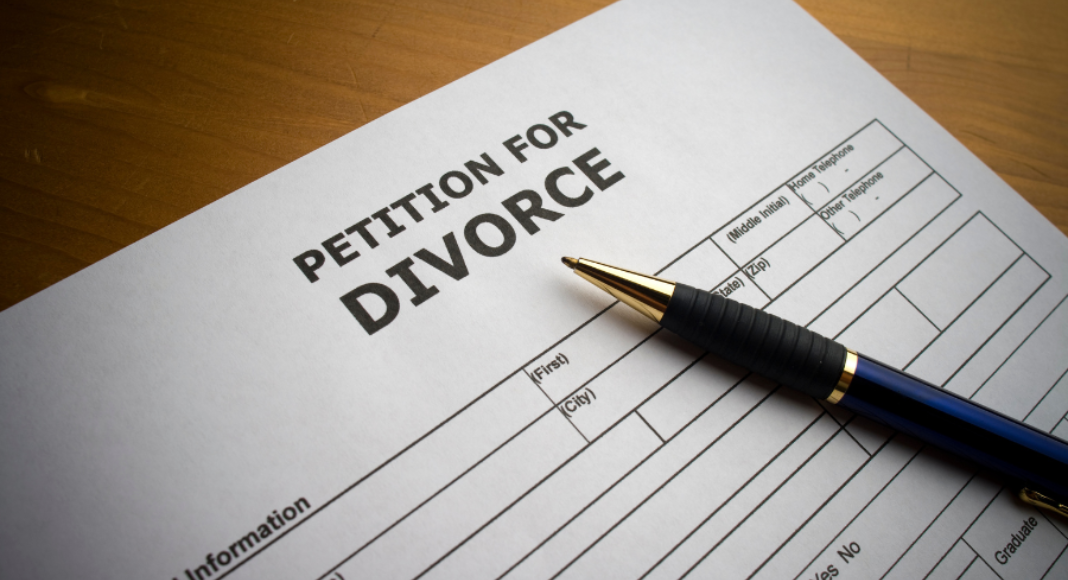With the types of divorce in South Carolina covered, it’s now time to delve into the divorce process in SC. This is usually the longest and most challenging phase, emotionally and financially, especially when you’re just ready for it to be over. Here’s a general play-by-play of what you might expect:
The Initial Divorce Process
Disclaimer: I am not an attorney and this article can not and should not take the place of professional legal advice.
Early on, the divorce process looks a little something like this:
- The Plaintiff files a Complaint for Divorce
- Complaint is served to the Defendant along with a Summons
- Defendant must file an Answer to the Complaint for Divorce
 From here, if the couple agrees on everything, it can potentially be a simple divorce within the courts, only costing a few hundred dollars. If however, the divorce is contested, the process is a bit more involved (and more expensive).
From here, if the couple agrees on everything, it can potentially be a simple divorce within the courts, only costing a few hundred dollars. If however, the divorce is contested, the process is a bit more involved (and more expensive).
The Temporary Hearing in a South Carolina Divorce
Once the process is underway, either the Defendant or the Plaintiff (and/or their attorney) will file a Motion for Temporary Relief. This is a hearing that will take place before a judge to determine the course of action until the final order of divorce is filed. It includes custody, visitation, finances, child support, who stays in the marital home, etc.
Note: In some cases, a Guardian Ad Litem (GAL) may be assigned to ensure the best interest of any minor children from the marriage. The GAL will act strictly on behalf of your child/children and has the child’s best interest at heart. Be yourself, be honest, and be open when working with a GAL.
At this point, once the everyday details are worked out, your attorney will keep you abreast of any developments or requirements throughout the process. Whether you’re filing an at-fault or no-fault divorce, it’s important to take notes on anything you wish to present to your attorney that could help your case.
You’ll likely be asked to furnish affidavits from people who know you, that can speak to the situation or your character; these are designed to help your attorneys in proving your case.
The Discovery Process
Just before your case is set to go to mediation, each side is required to submit discovery. The discovery process in a divorce case is simply where your attorney needs to let the other side know exactly what evidence, witnesses, affidavits, and other pertinent information will be presented should you go to trial.
Part of that includes Interrogatories (questions that each side is required to answer), documents, and other items you may need to furnish. This process is to ensure each side isn’t surprised by anything and knows what to expect, again, should the case go to trial.
And just a word of warning: Journals, diaries, calendars, social media logins and passwords, and the like are discoverable, so throughout the divorce process, refrain from doing anything that could be misconstrued or taken out of context.
The Mediation Process in South Carolina
As mentioned in part one of this series, your attorney and the other side’s attorney have been collecting everything they need should they have to go to trial, but mediation is mandatory here in South Carolina so that will be the first step.
The idea is that if divorcing couples work together (through the help of a neutral party), they can come to an agreement they’re more likely to follow through with indefinitely.
 You and your soon-to-be-ex-spouse will each meet with the mediator, usually individually in separate rooms, to work out the issues at hand. So have an idea of what you want, what you don’t want, and what you’re willing to compromise on before heading into mediation.
You and your soon-to-be-ex-spouse will each meet with the mediator, usually individually in separate rooms, to work out the issues at hand. So have an idea of what you want, what you don’t want, and what you’re willing to compromise on before heading into mediation.
If all goes well, your mediator will draft up the settlement agreement, submit it to the clerk of court, and you’ll be before a judge within a short time to simply finalize the agreement into a court order.
 However, if you’re unable to agree with your spouse, a trial will be scheduled and you’ll need to prepare for that alongside your attorney. Research indicates that between 80% and 90% of divorces settle during mediation, so there’s a silver lining.
However, if you’re unable to agree with your spouse, a trial will be scheduled and you’ll need to prepare for that alongside your attorney. Research indicates that between 80% and 90% of divorces settle during mediation, so there’s a silver lining.
The decision to divorce, or even to take that first step and contact an attorney can be one of the most difficult decisions you’ll ever make. Ensure you have a strong support system behind you, know what you’re willing to compromise on, and be sure to take care of you and your children’s mental health throughout the entire process, and beyond.
Divorcing is never easy, but knowing exactly what to expect when facing a divorce in South Carolina can make it feel a little less daunting.













